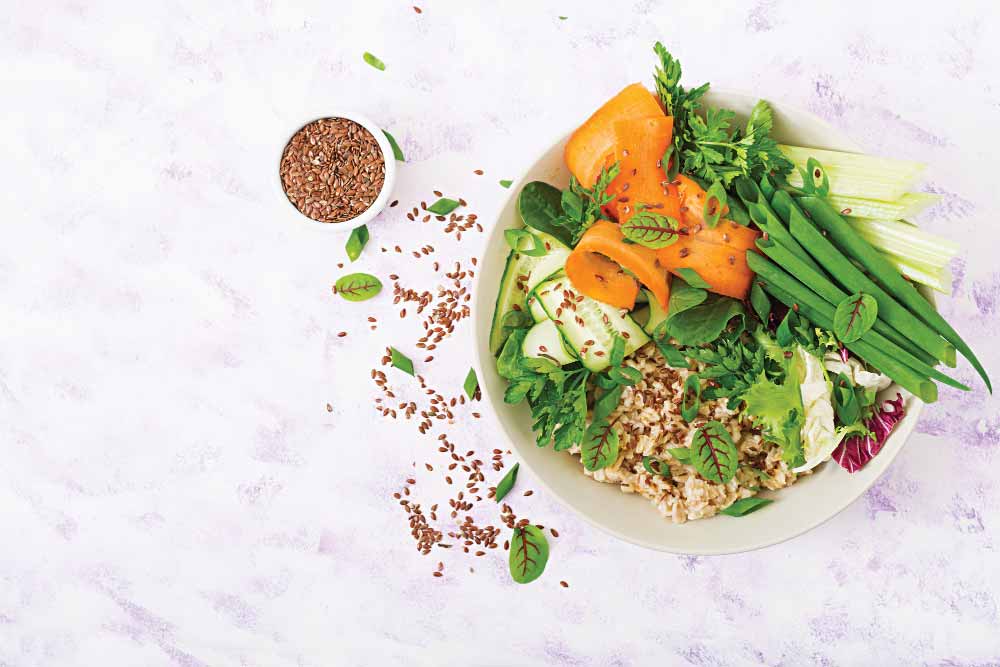In the quest for muscle building and maintenance, protein plays an integral role. Traditionally, this has led many to lean heavily on meat and animal products to meet their protein needs. However, the tide is changing, and the popularity of plant-based diets is on the rise. Whether for ethical, environmental, or health reasons, more individuals are exploring how to achieve their fitness goals without animal products. This guide will delve into the realm of high-protein vegan foods, offering a comprehensive look at how to build muscle and maintain a balanced diet, all while adhering to a vegan lifestyle.
Key Takeaways
- Diverse Protein Sources: A variety of plant-based foods can meet and exceed your protein requirements.
- Nutritional Balance: Beyond protein, these foods offer essential vitamins, minerals, and fiber for overall health.
- Sustainability: Choosing plant-based protein sources can have a lower environmental impact compared to animal-based proteins.
High-Protein Vegan Foods for Muscle Building
Legumes and Beans
- Chickpeas, Lentils, and Black Beans: Rich in protein, fiber, and essential nutrients, they’re versatile in dishes from salads to stews.
Tofu and Tempeh
- Soy Products: Excellent sources of complete protein, adaptable in texture and flavor to suit various recipes.
Seitan
- Wheat Gluten: With a meat-like texture, it’s high in protein and can be used in a multitude of savory dishes.
Quinoa
- A Complete Protein: This grain contains all nine essential amino acids, making it a staple for vegan diets.
Nuts and Seeds
- Almonds, Chia Seeds, and Hemp Seeds: Besides protein, they offer healthy fats and omega-3 fatty acids.
Green Vegetables
- Spinach, Broccoli, and Kale: While not as high in protein as legumes or seeds, they contribute to the overall protein intake and offer numerous health benefits.
Implementing High-Protein Vegan Foods into Your Diet
Meal Planning
- Start with a protein base and build your meal with a variety of vegetables, grains, and healthy fats to ensure a balanced intake of nutrients.
Protein Smoothies
- Utilize vegan protein powders derived from peas, hemp, or brown rice, mixed with fruits and vegetables for a nutritious boost.
Snacking Smart
- Opt for high-protein snacks like roasted chickpeas, nut butters, or edamame to keep your energy levels up throughout the day.
FAQs
Q: Can vegan diets provide enough protein for muscle building? A: Absolutely. With careful planning, vegan diets can supply all the necessary protein for muscle growth and maintenance.
Q: Are plant-based proteins complete? A: Some plant-based proteins, like quinoa and soy, are complete, containing all essential amino acids. Others can be combined (e.g., rice and beans) to form a complete protein profile.
Q: How much protein do I need for muscle building? A: Protein needs can vary based on activity level, but a general guideline is 1.2 to 2.0 grams of protein per kilogram of body weight for those engaged in regular strength training.
Q: Can I get enough iron and vitamin B12 on a vegan diet? A: While these nutrients are more commonly associated with animal products, fortified foods and supplements can help vegans meet their needs.
Q: Are vegan protein sources expensive? A: Many high-protein vegan foods, like beans and lentils, are very affordable and accessible, making them a cost-effective option for protein intake.

Adopting a vegan lifestyle doesn’t mean compromising on muscle building or overall health. With a diverse range of high-protein vegan foods available, it’s entirely possible to achieve your fitness goals while enjoying a varied, nutritious, and delicious diet. Embracing plant-based protein sources not only caters to individual health but also contributes to a more sustainable and ethical food system.
References
- Position of the Academy of Nutrition and Dietetics: Vegetarian Diets. Journal of the Academy of Nutrition and Dietetics.
- Protein Intake for Optimal Muscle Maintenance. American College of Sports Medicine.






